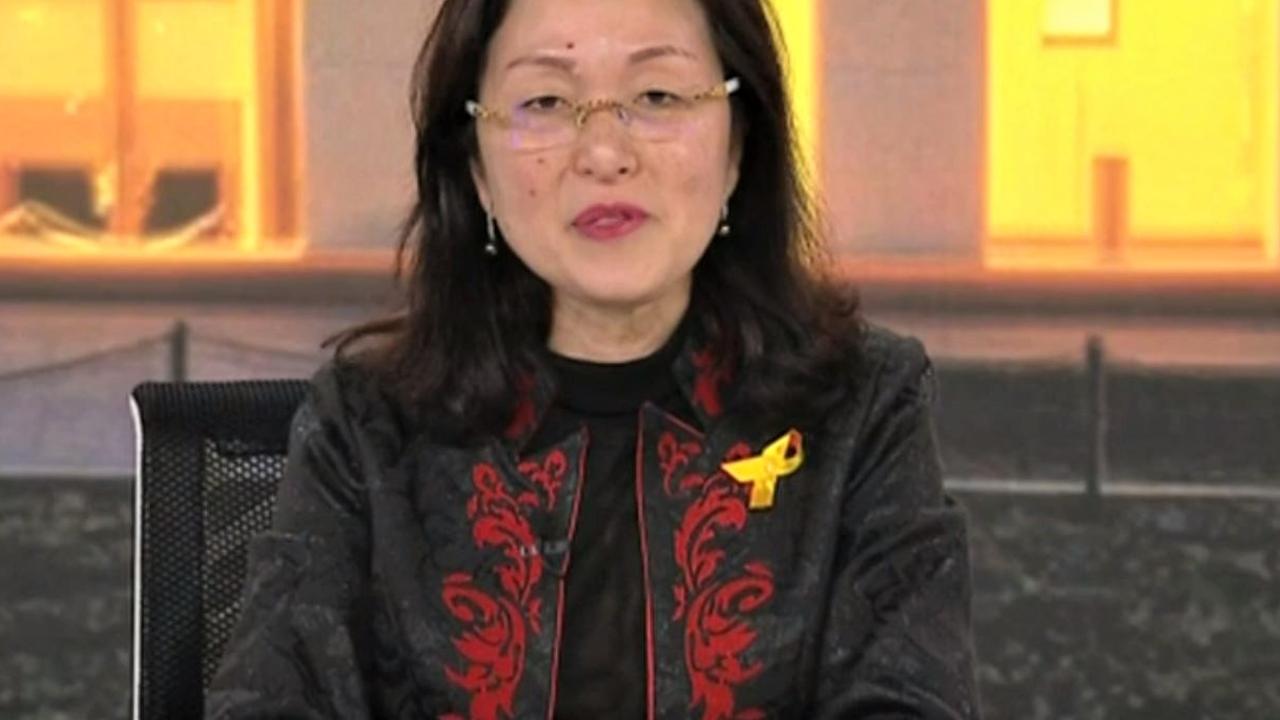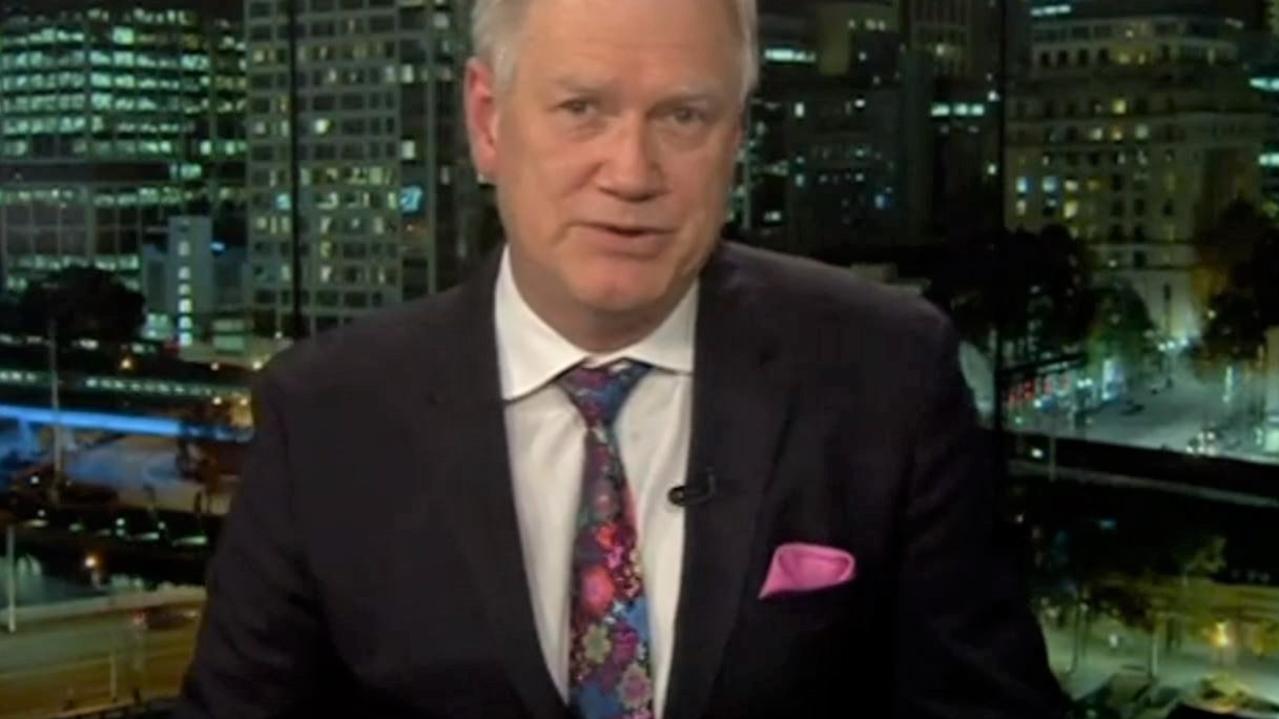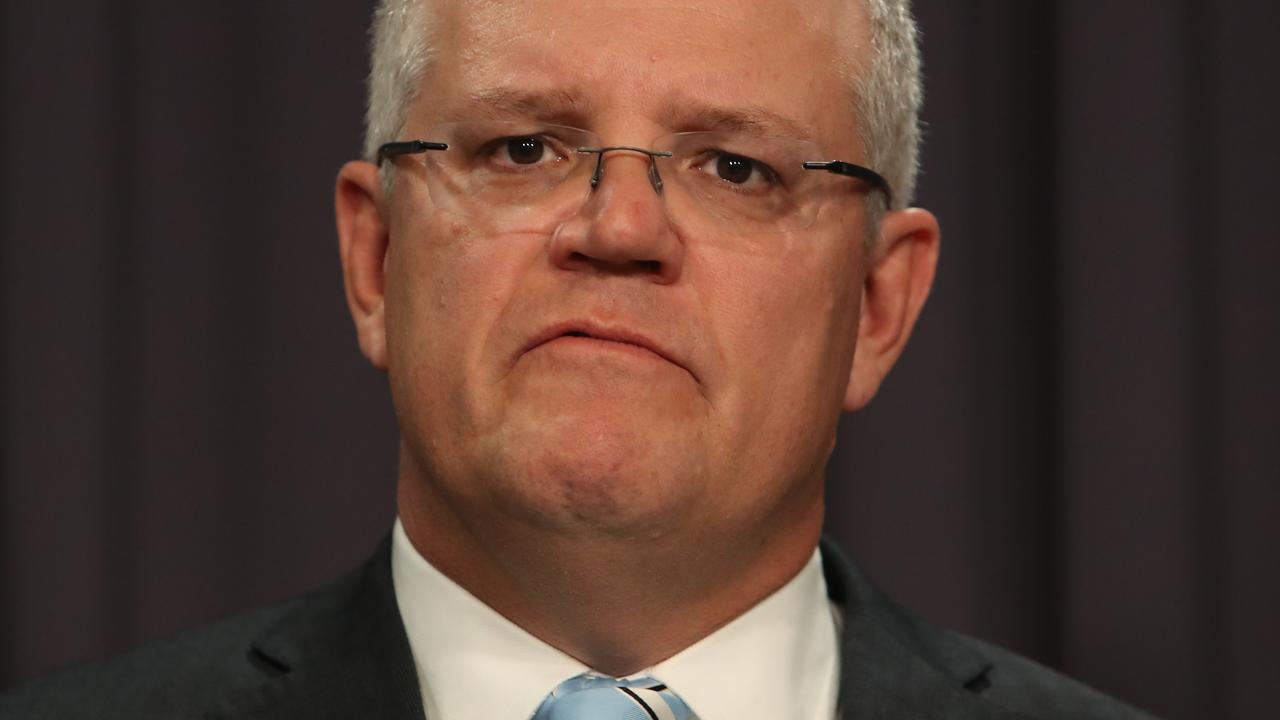Sam Clench: The backlash against Gladys Liu’s trainwreck interview shrouds a broader problem
Gladys Liu’s terrible, horrible, no good, very bad interview spawned a bunch of uncomfortable questions. One of them is getting no attention.
OPINION
Gladys Liu’s terrible, horrible, no good, very bad interview with Andrew Bolt this week spawned a whole bunch of uncomfortable questions for the government.
Why did Ms Liu claim not to recall her role in groups linked to the Chinese Communist Party, only to admit to it a day later?
Why did she refuse to make a statement to parliament clarifying the situation?
Did the Liberal Party ignore warnings from the intelligence community about preselecting her?
Was it hypocritical of Scott Morrison to defend Ms Liu when he called so vociferously for Labor’s Sam Dastyari to resign over his own links to China last year?
RELATED: Explosive fallout from MP’s trainwreck interview
We obviously need answers to all these questions.
But they only cover the first half of Ms Liu’s interview. I want to talk about the second half, which has drawn far less attention.

The one-sentence summary is that Bolt repeatedly pressed Ms Liu to criticise China, its President Xi Jinping and its stance on the South China Sea, and she refused to.
Screw the short version though. It’s Saturday. You have time. Let’s refer to the transcript.
Bolt: “The government’s position is, of course, that the theft was unlawful. It is challenging China’s theft of the sea. Do you support the government’s position that China stealing the South China Sea is unlawful?”
Liu: “My understanding is a lot of countries are trying to claim ownership, sovereignty of the South China Sea because of various reasons, and my position is with the Australian government.”
Bolt: “Can I just hear you say it, that you support the Australian government’s position that the theft of the South China Sea by China is unlawful? Is it unlawful, yes or no?”
Liu: “Well as I said, I want to make sure that Australians’ interests were put first and foremost and if it’s going to affect our trade or our air travelling, then that is something that I would not support.”
Bolt: “Well in fact, it does affect our trade. Sixty per cent of it goes through that sea. We have been warned by China to stay away. We are thinking of challenging that with our navy, and you are here not able to actually support the government’s position that it was unlawful. Is there some problem with you agreeing that it was unlawful? It has been held so under international law. Why are you not going along with that?”
Liu: “I never said that I’m not going along with it. What I’m saying is I always put Australia’s interests first. After all, I am a member of the parliament for the Australian government and so of course I will put Australia’s interests first and whatever — as I said in my maiden speech too, I will always want to have a good relationship between Australia and China and I will put Australia’s interests first.”
Bolt: “Well, Australia’s interests with China is to have the South China Sea not stolen by China. Everyone listening can hear that you are reluctant to go along with that fairly clear proposition which is, in fact, your party’s position too.”
That was the part where Ms Liu demurred on the South China Sea. Here is her refusal to call Xi Jinping — who has made himself President for life — a dictator.
RELATED: Xi Jinping to rule for rest of his life
Bolt: “Xi Jinping has made himself dictator for life. He is cracking down on dissidents, human rights activists. He has imprisoned Christians, he has imprisoned Uighurs in re-education camps, he is threatening Taiwan. Do you consider Xi Jinping a dictator?”
Liu: “Well honestly, I have been focusing on serving the seat of Chisolm and that’s exactly what I have done since the election. I only had one day off in the last three-and-a-half months. I don’t really …”
Bolt: “Gladys, Gladys, excuse me. You were born in Hong Kong. At the moment, you have seen in your home place people in their millions at times, 1.7 million, in their millions, protesting against what China is doing there and you don’t have any opinion on Xi Jinping?”
Liu: “OK, so if you want to talk about China, let me just tell you one thing. I was born in Hong Kong and I never stepped into China before I came to Australia. I had the Hong Kong ID card. I never held a Chinese passport. I had the Hong Kong travelling document and then I’ve got the Australian passport. In terms of Hong Kong, it is very, very sad for anyone to see what has happened.”
Bolt: “But Gladys, a simple question. Is Xi Jinping a dictator?”
Liu: “That is not a question for me to answer, but I can tell you about Hong Kong. It is very …”
Bolt: “I don’t want to know about Hong Kong. I am asking you about Xi Jinping, the dictator of communist China, and you don’t have an opinion about him.”
Liu: “I do have an opinion, but I’m not going to use the word dictator. He is in their system an elected chairman or president, they call it, for China.”

Bolt’s accusations against China were clearly correct.
Its claims in the South China Sea have been ruled unlawful by the International Court of Arbitration, and Xi Jinping is a dictator in all but name.
So Ms Liu’s reluctance to agree with him was troubling. But not because she diverged from the government’s position. The real problem is that she didn’t.
Read the statement the Prime Minister’s Office reportedly helped her craft the next day.
“Australia’s longstanding position on the South China Sea is consistent and clear. We do not take sides on competing territorial claims but we call on all claimants to resolve disputes peacefully and in accordance with international law,” it read.
“Our relationship with China is one of mutual benefit and underpinned by our Comprehensive Strategic Partnership. China is not a democracy and is run under an authoritarian system.
“We have always been and will continue to be clear-eyed about our political differences, but do so based on mutual respect, as two sovereign nations.”
That carefully worded statement has one significant thing in common with Ms Liu’s answers to Bolt — it steadfastly avoids direct criticism of China.
This is something the Australian government has been grappling with for years, and will continue to grapple with for the foreseeable future.
How can it risk confronting China directly, and potentially damaging our bilateral relationship, when China is such an important trade partner, and such a powerful influence in the region?
The answer, quite obviously, is that it can’t.
Remember the collective conniption fit we suffered when Andrew Hastie mouthed off about China?
How about Scott Morrison’s recent trip to Vietnam? It came as Chinese ships were trespassing on the country’s economic exclusion zone, at the southern edge of the South China Sea.
RELATED: China and Vietnam face off in South China Sea

“(China’s) efforts to assert its unlawful South China Sea maritime claims, including the use of maritime militia to intimidate, coerce and threaten other nations, undermine the peace and security of the region,” the US State Department said in response.
“The United States firmly opposes coercion and intimidation by any claimant to assert its territorial or maritime claims.
“China should cease its bullying behaviour and refrain from engaging in this type of provocative and destabilising activity.”
Compare that unambiguous statement to Mr Morrison’s incredibly subtle reaction, which was buried in a speech to business leaders and diplomats and did not mention China by name.
“We share a vision for an open, inclusive and prosperous Indo-Pacific neighbourhood,” the Prime Minister said.
“An Indo-Pacific where we respect each other’s sovereignty and independence because if we allow the sovereignty or independence of any of our neighbours to suffer coercion, then we are all diminished.”
The word “coercion” was a signal to China, but one it could safely ignore.
RELATED: Scott Morrison takes veiled swipe at China
Ms Liu’s interview was undeniably a trainwreck, and she still has serious questions to answer. Who knows, she may end up losing her job.
But whatever happens to her, long after voters have forgotten her name, the broader issue here will remain.
Our politicians will still be reluctant to speak clearly about China’s flaws.
In the long run, that is more important than the fate of one MP.
Sam Clench is news.com.au’s national political reporter. Continue the conversation @SamClench




